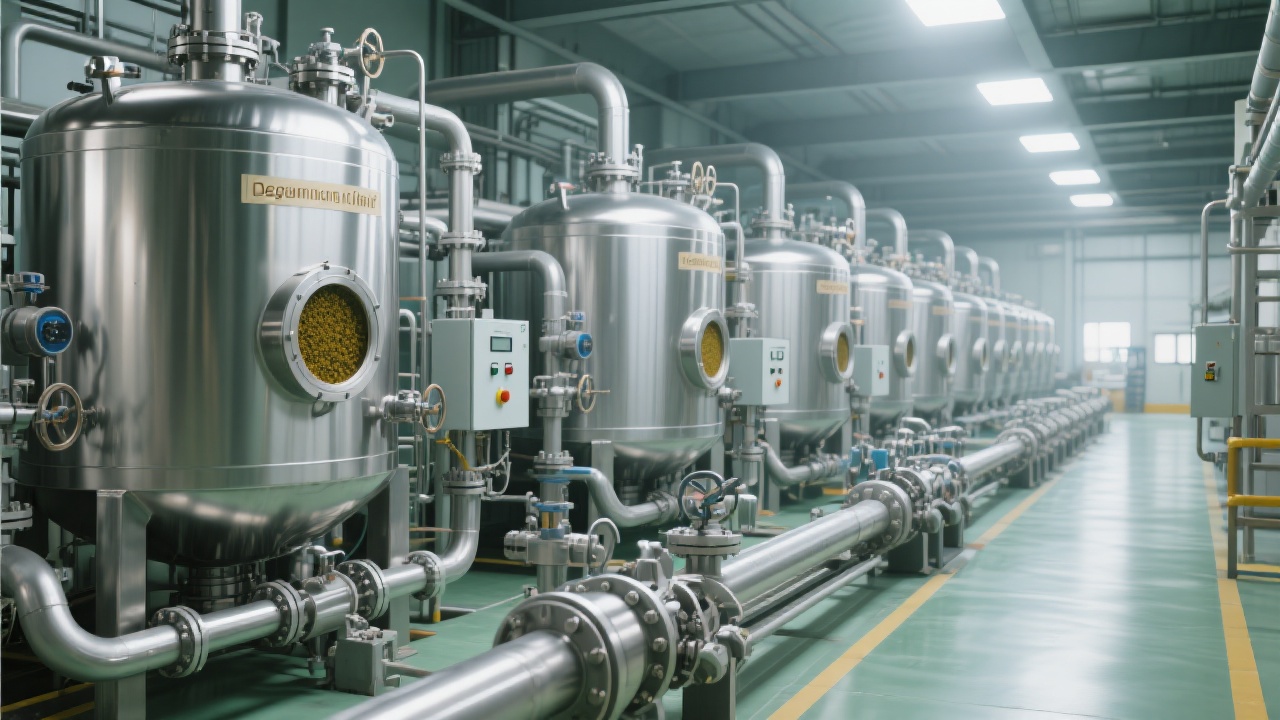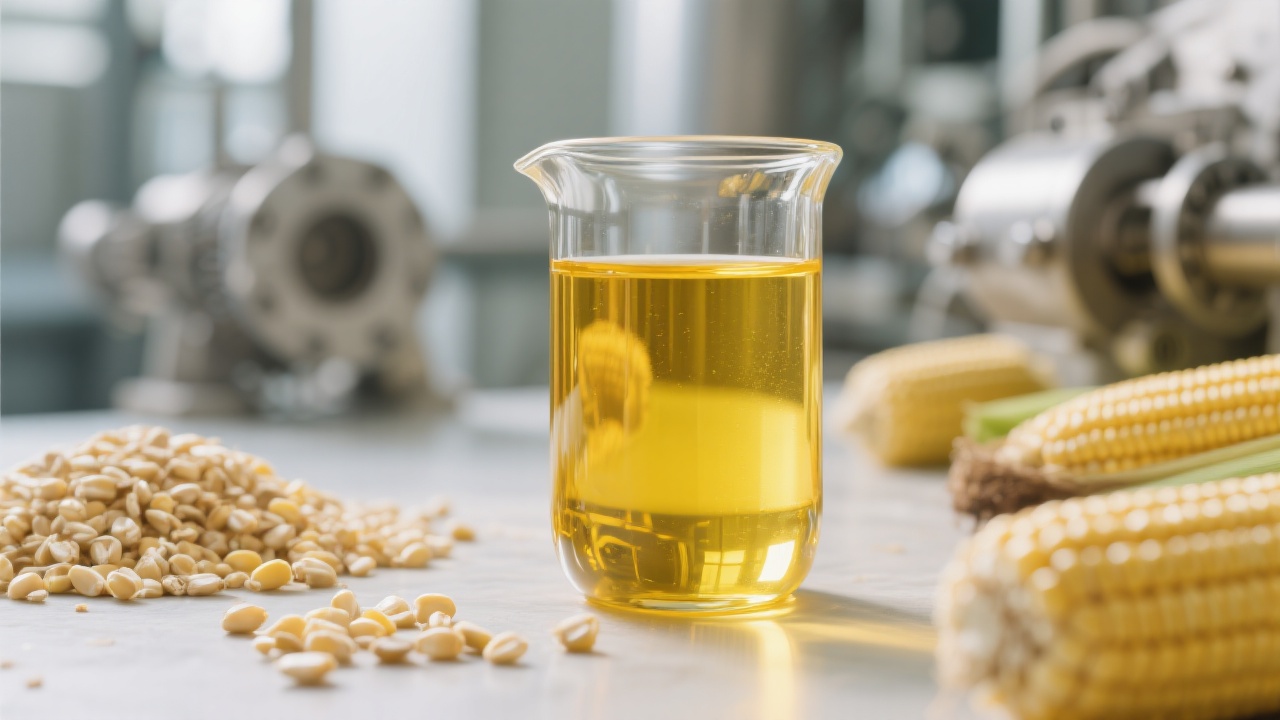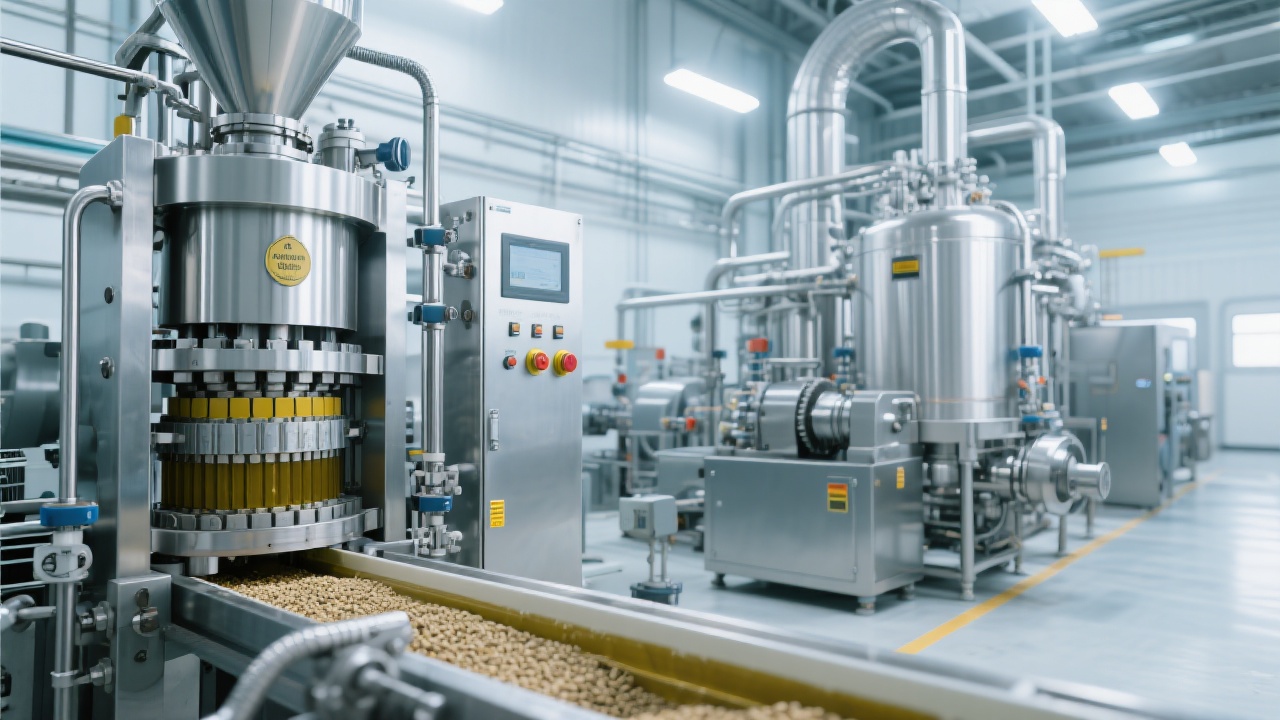
In the competitive vegetable oil market, peanut oil manufacturers continuously seek to improve efficiency and product quality while controlling costs. Over the past decade, automated peanut oil production lines have revolutionized processing by integrating advanced technologies that ensure stable, high-yield operations. This article examines the core technical advantages of automated production lines, benchmarks them against traditional methods, and offers insight into optimizing production to boost enterprise competitiveness in today’s demanding landscape.
Automated peanut oil production lines encompass integrated equipment systems performing processes from peanut cleaning, shelling, roasting, pressing, filtration, to packaging. These lines are designed for diverse production scales, ranging from medium enterprises producing 5 tons per day to large industrial setups exceeding 50 tons daily. Their modular design adapts to various factory conditions and product specifications, allowing for consistent operation under minimal human intervention.
The efficiency gains of automated peanut oil lines stem from multiple synergistic technologies:
Collectively, these technologies improve throughput by an average of 30–40% while maintaining product quality parameters within international food safety and quality standards (ISO 22000, HACCP).
| Aspect | Traditional Line | Automated Line |
|---|---|---|
| Output Capacity (tons/day) | Up to 10 | Up to 50+ |
| Labor Intensity | High (manual oversight) | Low (automation & control) |
| Oil Yield Rate | ~35-38% | ~40-45% |
| Quality Consistency | Variable | High (stable parameters) |
| Energy Efficiency | Low to Moderate | Optimized, saves ~15% energy |
One Southeast Asian peanut oil producer implemented a fully automated line processing 25 tons daily. Within six months of operation, they reported:
These performance improvements underline how automation enhances both bottom-line profitability and brand value.

Modern automated peanut oil production lines are engineered to meet rigorous global quality and safety certifications, such as ISO 22000 food safety management and HACCP hazard analysis protocols. This compliance assures buyers—domestic and international—of the product’s trustworthiness, facilitating wider market acceptance and premium pricing.
Selecting a suitable automated line requires balancing capacity needs, budget constraints, and operational goals:
| Enterprise Scale | Recommended Production Capacity | Key Considerations |
|---|---|---|
| Small (up to 5 tons/day) | Compact modular lines with semi-automation | Affordability, ease of maintenance, energy efficiency |
| Medium (5-20 tons/day) | Fully automated lines with integrated quality controls | Balanced cost-efficiency, scalability, consistent output |
| Large (20+ tons/day) | Industrial-grade automation with advanced data analytics | Maximized throughput, long-term ROI, compliance with export standards |

Automated peanut oil production lines represent a pivotal advancement for manufacturers aiming to increase output while ensuring consistent quality and operational stability. By leveraging intelligent control systems and precision machinery, enterprises can reduce human error, optimize resource usage, and enhance market positioning. As consumer demand evolves toward premium, traceable products, such automation also facilitates compliance with international standards, unlocking new growth opportunities.

Ready to transform your production and elevate your market standing? Discover tailored automated peanut oil production solutions now

